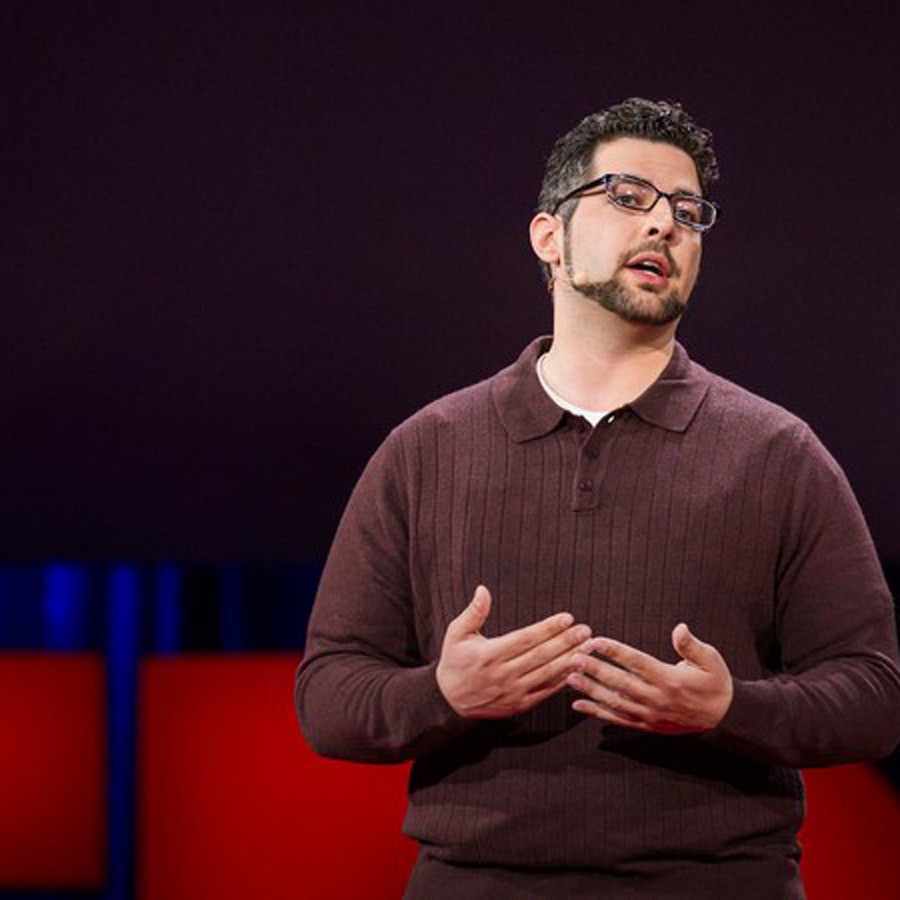In an era where discord and animosity are alarmingly prevalent, the teachings of the Bahá’í Faith offer an invaluable lens through which to ameliorate the human condition. In exploring the transformative journey from hatred to peacefulness, one finds fertile ground for introspection and application of spiritual principles. This exploration engenders not only personal growth but also fosters communal harmony. Understanding these teachings requires disentangling complex emotions and contemplating the profound implications of societal interplay.
The foundation of transforming hatred into peace lies within the Bahá’í principle of oneness. Central to this doctrine is the belief that all humanity is interconnected. This fundamental interdependence necessitates a reevaluation of how emotions manifest in interpersonal dynamics. When one perceives others not as adversaries but as extensions of oneself, the emotional landscape alters significantly. Hence, an individual’s hatred can be reframed as a misunderstanding, grounded in perceptions that obscure the divine potential inherent within every person.
Moreover, the multifaceted nature of hatred must be acknowledged. Hatred often arises from fear, ignorance, or deeply ingrained societal narratives. The Bahá’í teachings urge individuals to confront their prejudices with a spirit of inquiry and sincerity. Individuals are encouraged to engage in self-reflection and consider the root causes of their emotions. By recognizing that hatred may stem from personal insecurities or societal conditioning, one can begin the arduous journey towards understanding and compassion.
The act of forgiveness constitutes another pivotal cornerstone in the transition from hatred to peace. Forgiveness, in the Bahá’í context, transcends the mere act of absolving others; it embodies a profound release—a shedding of burdens that weigh heavily on the spirit. By choosing to forgive, individuals liberate themselves from the shackles of negative emotions and cultivate an environment conducive to healing. It encourages an acknowledgment of shared humanity, fostering empathy and ultimately leading to reconciliation.
In addition to self-reflection and forgiveness, dialogue serves as a powerful mechanism for transformation. The Bahá’í teachings advocate for constructive communication that respects differing viewpoints while emphasizing empathy and understanding. Engaging in open dialogues fosters an atmosphere where grievances can be expressed and addressed, rather than festering in isolation. This communal discourse, characterized by active listening and a genuine desire to comprehend, can break down the barriers that hatred erects. Through dialogue, individuals cultivate a space of mutual respect and acknowledgment of shared narratives, thus paving the way towards peaceful coexistence.
Another illuminating principle is the commitment to justice and equity. The Bahá’í Faith underscores the necessity of establishing conditions where all individuals, regardless of their backgrounds, are treated with dignity. Disparities and injustices often fuel animosity. By advocating for social justice, Bahá’ís believe that a foundation of fairness can be laid—one that encourages collective investment in peace. When individuals perceive that they live in a society that values equity, the impetus for hatred diminishes, concurrently fostering a culture of respect and understanding.
The cultivation of virtues plays an instrumental role in assuaging hatred. The Bahá’í teachings espouse the development of qualities such as compassion, kindness, and patience as antidotes to hatred. In practice, this entails a conscious effort to embody these virtues in daily interactions. Each act of kindness, no matter how seemingly insignificant, contributes to dismantling negative emotions. Thus, by embodying these ideals, individuals become agents of change in their communities, inspiring others to follow suit.
The struggle against hatred is not solely an individual endeavor; it is inherently a collective aspiration. The Bahá’í community actively engages in initiatives that promote peacebuilding on a larger scale. These programs seek to incorporate the philosophical underpinnings of the Faith into tangible actions that benefit society. Through collaboration with diverse groups, Bahá’ís work alongside individuals of varying backgrounds, fostering unity and creating shared narratives that transcend divisive ideologies.
Educating the youth becomes paramount in cultivating a future devoid of hatred. The Bahá’í teachings place great emphasis on the moral and spiritual education of children and adolescents. By instilling values of respect and understanding from an early age, the seeds of compassion are sown. Engaging young minds in discussions about the destructive nature of hatred and the importance of peace prepares them to navigate complex social realities with empathy and grace.
Finally, the implementation of these teachings necessitates unwavering commitment and persistence. Transforming hatred into peacefulness is a gradual process requiring resilience. It includes recognizing setbacks as integral to the growth journey. The teachings encourage individuals to remain devoted to the ideals of love and unity, even when faced with challenges and opposition. This steadfastness acts as a beacon, guiding individuals and communities towards a shared vision of harmony.
Ultimately, the Bahá’í teachings illuminate a pathway from hatred to peace that is achievable through conscious effort, communal engagement, and unwavering compassion. By embracing interconnectedness, engaging in meaningful dialogue, and embodying virtues, individuals can transform not only their own lives but also contribute to the collective endeavor of nurturing a peaceful society. This journey promises not just a mere cessation of conflict but a profound shift in perspective—leading to a world where peace, understanding, and love reign supreme.
